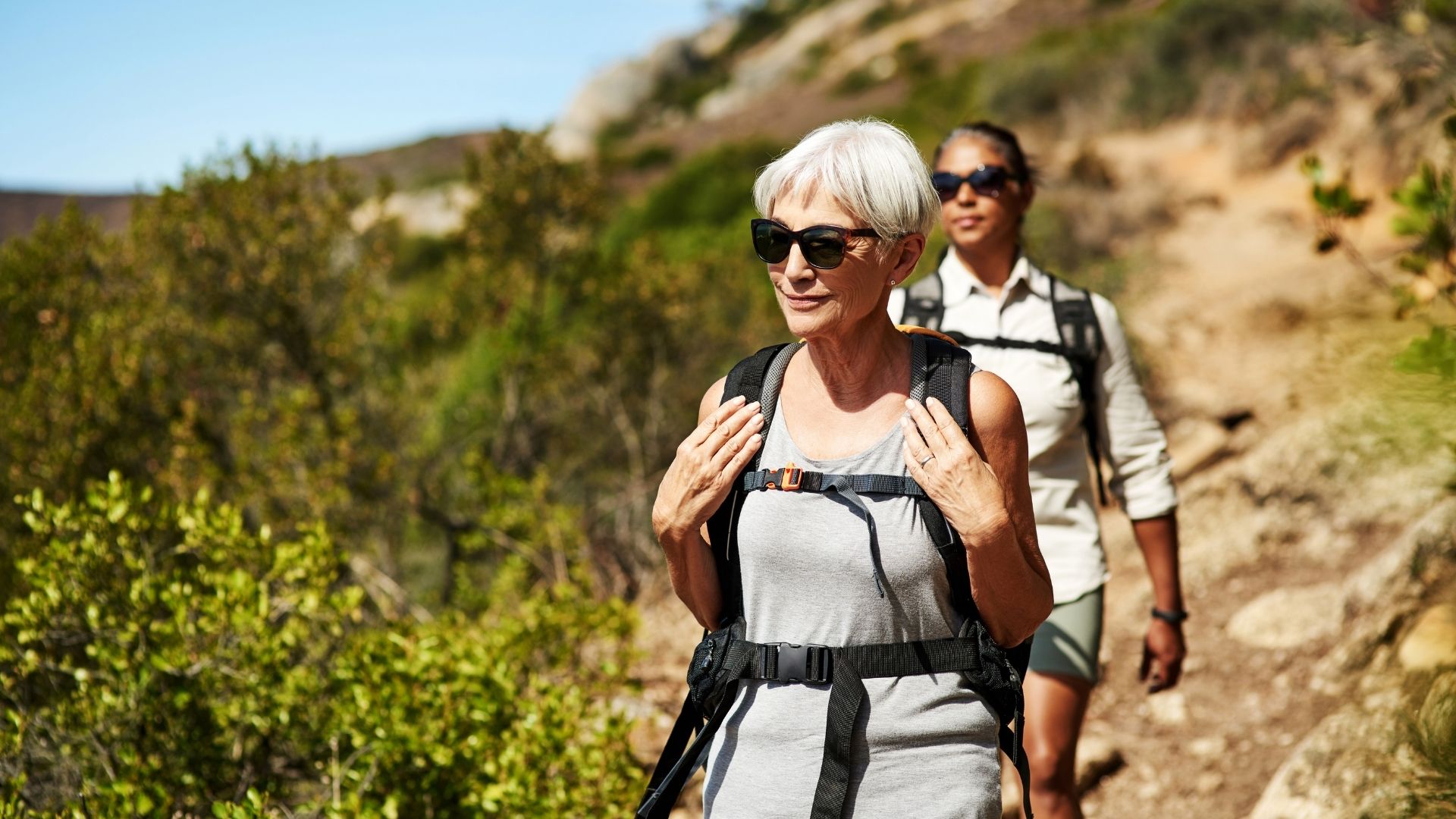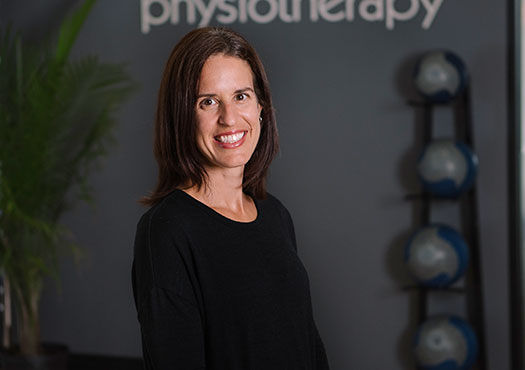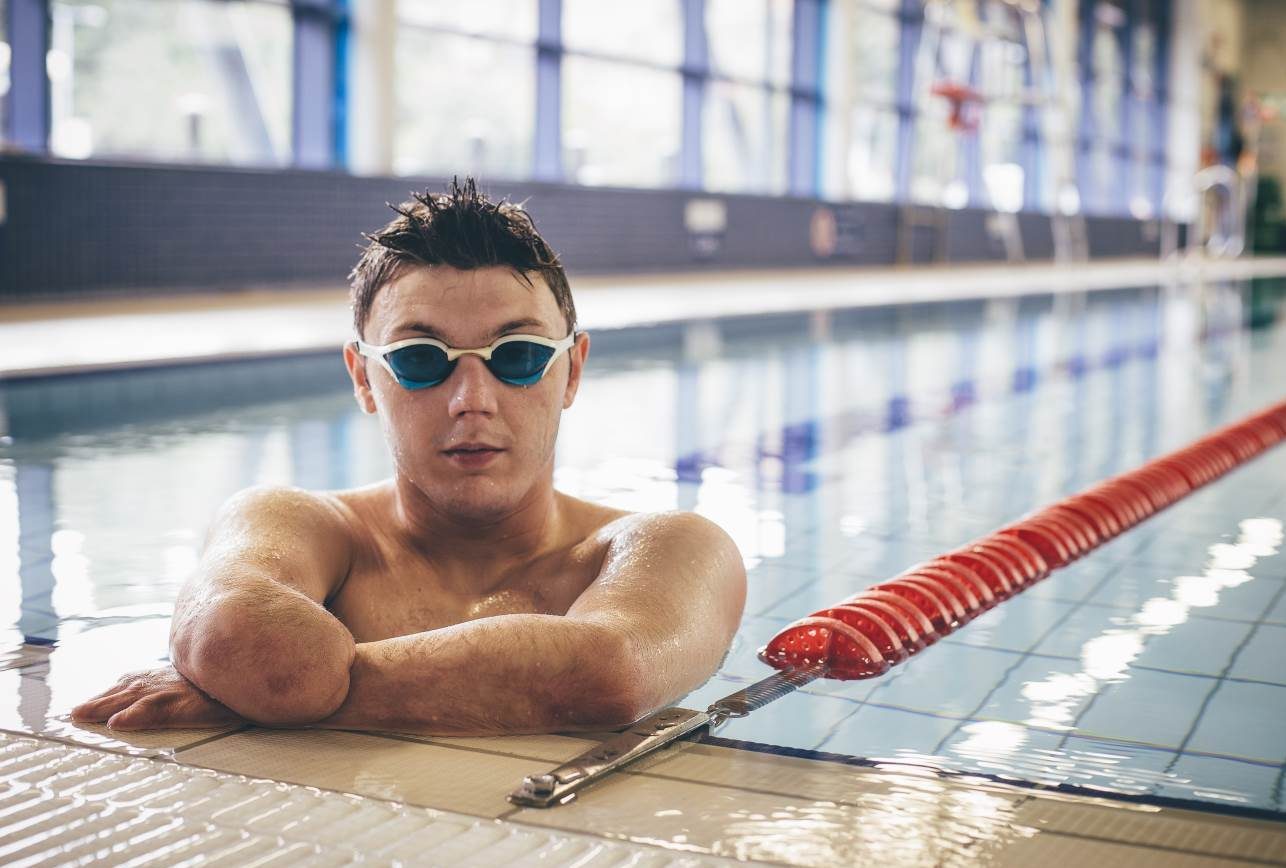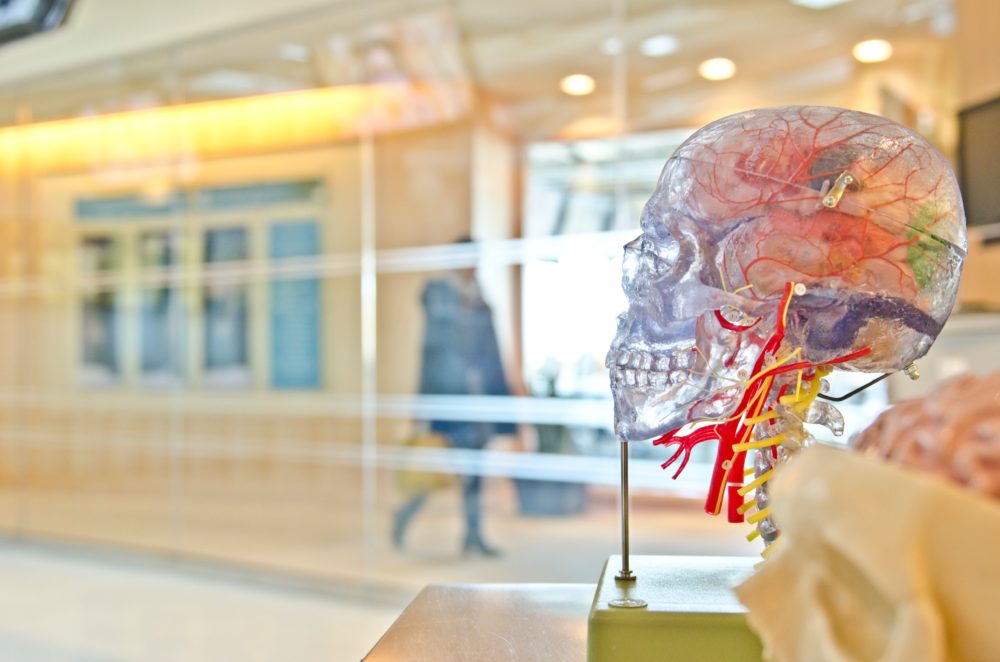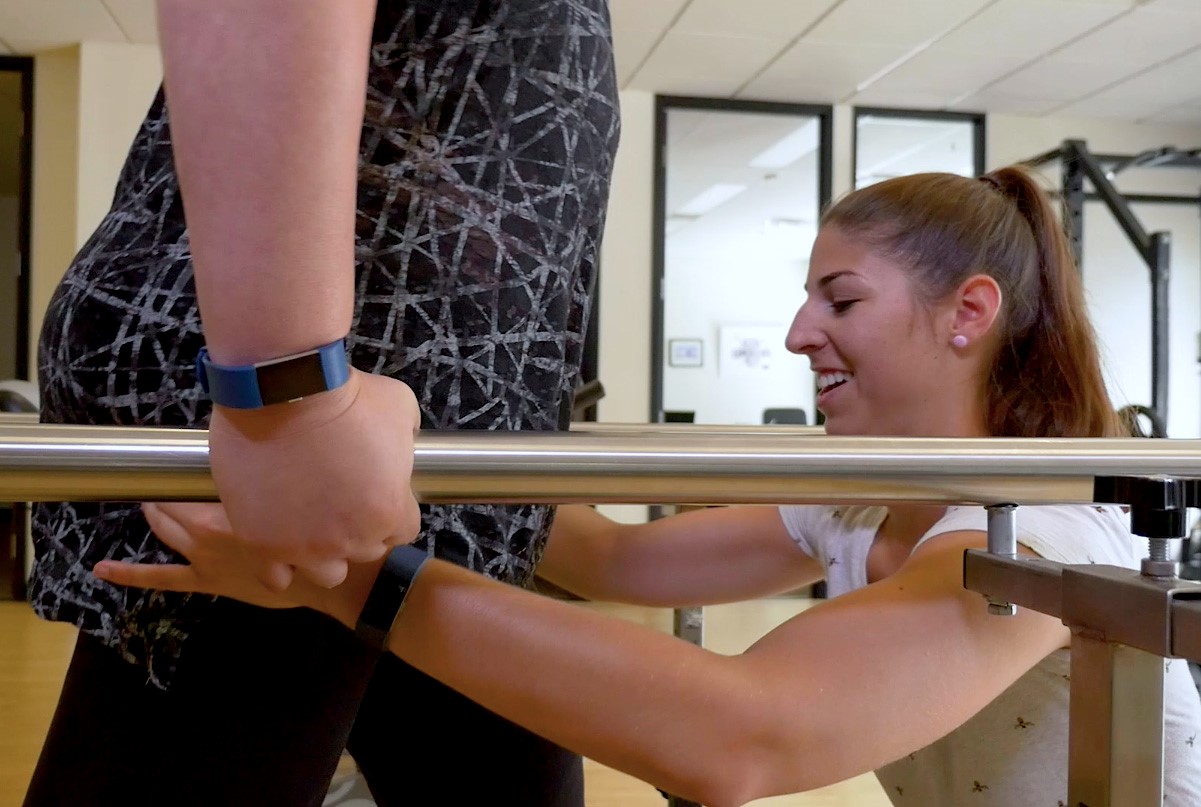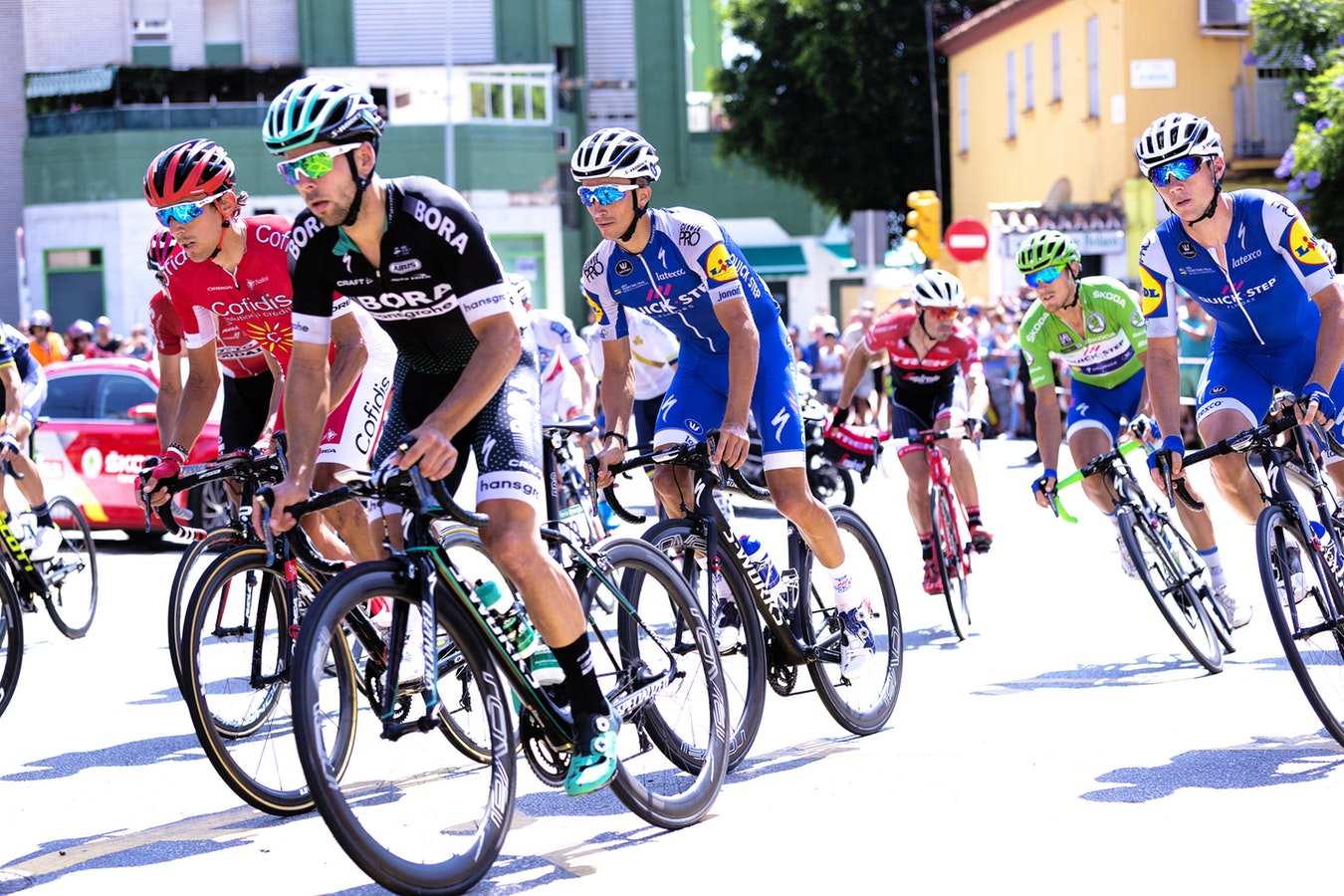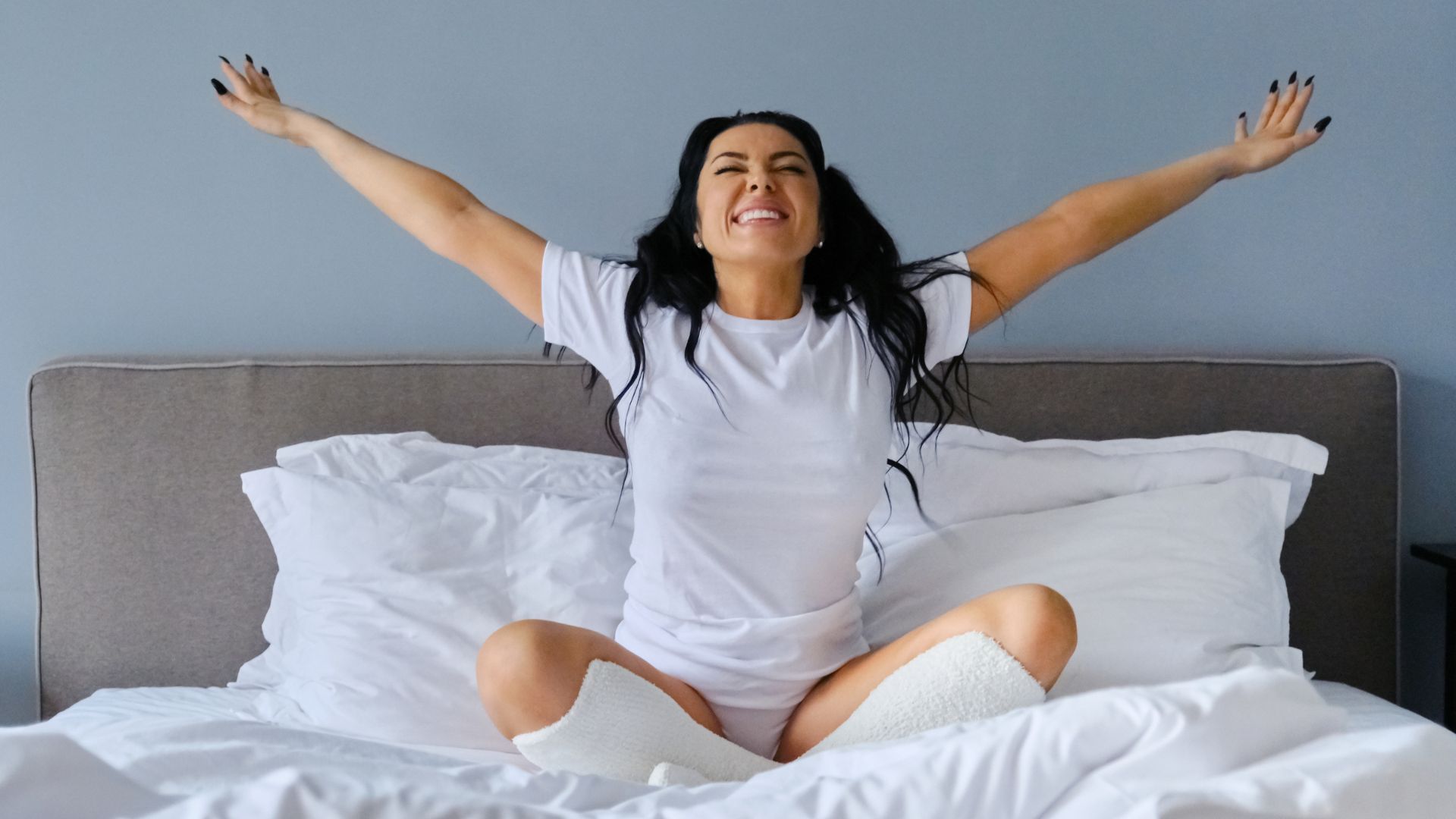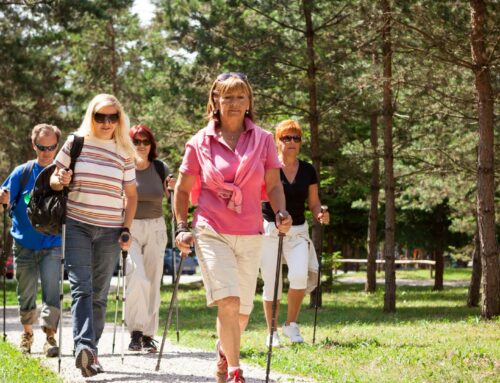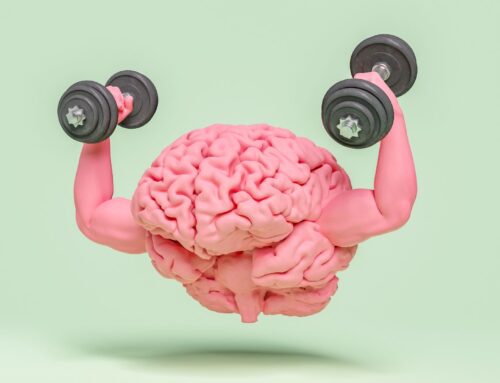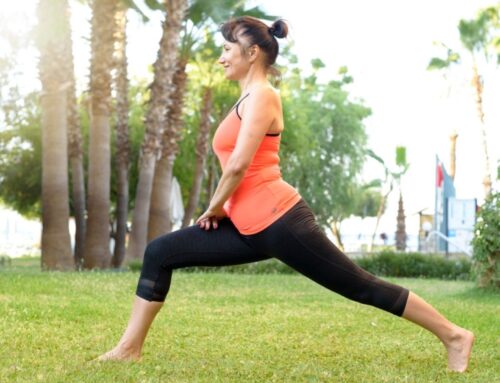Getting older is a natural part of life. How you feel as you get older, however, depends on a number of things that are actually within your control. A healthy lifestyle and healthy behaviors can make a big difference in how you feel as you age. In this article, we will examine a holistic approach to healthy aging that includes modifying exercise and diet and managing risk factors.
What is Aging?
Aging is a multifactorial process, determined by genetics as well as other factors such as diet, exercise, and exposure to environmental toxins. Gender, socioeconomic status and psychological factors can also affect the aging process.
Changes as you get older are usually gradual with certain physical changes common to most individuals. Some of these changes include:
- Metabolism slowing down
- Vision changes (potentially leading to decreased mobility and risk of falls)
- Decreased bone density leading to bones becoming weaker with more potential to break
- Decreased muscle mass leading to decreased mobility and independence
- Cardiac output decreases and blood pressure increases
The Impact of Physical Activity on Healthy Aging
Exercise can have a significant effect on the aging process. Physical activity has been shown to lessen age-related declines in muscle mass, strength, regenerative capacity and impairments in muscle metabolism.[i] These physiological changes help to maintain mobility and independence.
Exercise also has been shown to reduce the risk of cardiovascular disease, stroke, diabetes and some types of cancer, improve mental health, delay onset of dementia and improve quality of life and well being.[ii] A balanced exercise program that includes aerobic training, strengthening, flexibility and balance can greatly mitigate the effects of aging.
Strength training for women over 50 is a prescription for a younger, stronger and more functional body. Research has clearly demonstrated that strength training, particularly in women, has the effect of reducing some of the physiological effects of aging.
Regular exercise is one of the most important things older adults can do to maintain good health and independence. Yet, it is clear that as an aging population we are not getting the recommended amount of exercise to reap those benefits. Learn tips on how to motivate older adults to exercise.
The Impact of Nutrition on Healthy Aging
As we age, physiological changes affect our health, including slower gastric emptying, altered hormonal responses, decreased basal metabolic rate, and altered sense of taste and smell contributing to the lowered energy intake that can occur as we age.[iii]
Dietary intake can have a huge impact on physical function, cognitive health, bone health, vision, vascular function, and the immune system.[iv] Maintaining a nutrient dense diet is critically important for older adults. The great news is that nutrition is another modifiable factor that contributes to the aging process.
The Impact of Cognitive & Mental Health on Healthy Aging
Cognitive health — the ability to clearly think, learn, and remember — is an important component of performing everyday activities.[v] Cognitive health is just one aspect of overall brain health, and another important factor in healthy aging.
Engaging in meaningful activities, such as volunteering or hobbies, or learning new skills can all have positive effects on brain health. Connecting with other people through social activities and community programs can also keep your brain active and help you feel less isolated.
Studies show that people who engage in personally meaningful and productive activities with others tend to live longer, boost their mood, and have a sense of purpose.[vi]
Learning to manage stress and bounce back from stressful situations can help mitigate the effects chronic stress. Over time, chronic stress can change the brain, affect memory, and increase the risk for Alzeimer’s and related dementias.[vii]
Practising mindfulness can help improve attention and decrease stress and anxiety by focusing on the present moment. Try these 3 Mindfulness Exercises to Help you Cope in Stressful Times or contact mindfulness coach Kathy Mileski to discuss your own customized program.
Other Modifiable Aging Risk Factors
Modifiable risks factors also include smoking and alcohol intake. Although many people know that smoking and high alcohol consumption can make you look older, these risk factors can also contribute to cardiovascular disease, decreased immune system, and altered brain function.
Physiotherapy Supports Healthy Aging
Aging is a part of life, however, your approach to it can dramatically alter your experience. Physiotherapy can reduce the incidence and likelihood of falls at older ages, particularly for people living with chronic conditions that make them more frail. Frailty can increase the risk of fragility fractures due to falling.
At Propel Physiotherapy, we can tailor a falls prevention program that helps to improve balance and posture with the goal of reducing falls and fragility fractures.
Physiotherapy can also promote the health of the joints and the major muscle groups that surround the joints, especially of weight bearing parts of the body like the hips and knees.
Active physiotherapy guidance also plays a major part in pre-habilitation and the rehabilitation of joints, due to natural aging processes. Across the one’s lifespan, physiotherapy can play a vital role in improving quality of life for people living with chronic or systemic disorders.
Our trained therapists are experienced in the effects of aging on the body and mind. We also know the importance of exercise and engagement on healthy aging. Contact us to book an assessment and plan a treatment approach to match your needs and maximize your goals.
References
[i] Distefano G, Goodpaster BH. Effects of Exercise and Aging on Skeletal Muscle. Cold Spring Harb Perspect Med. 2018;8(3):a029785. Published 2018 Mar 1. doi:10.1101/cshperspect.a029785
[ii] Langhammer B, Bergland A, Rydwik E. The Importance of Physical Activity Exercise among Older People. Biomed Res Int. 2018;2018:7856823. Published 2018 Dec 5. doi:10.1155/2018/7856823
[iii] Drewnowski A, Shultz JM. Impact of aging on eating behaviors, food choices, nutrition, and health status. J Nutr Health Aging. 2001;5(2):75-9. PMID: 11426286.
[iv] Institute of Medicine (US) Food Forum. Providing Healthy and Safe Foods As We Age: Workshop Summary. Washington (DC): National Academies Press (US); 2010. 5, Nutrition Concerns for Aging Populations.
[v] National Institute on Aging. Cognitive Health and Older Adults
[vi] National Institute on Aging. Cognitive Health and Older Adults
[vii] National Institute on Aging. Cognitive Health and Older Adults
Written by

